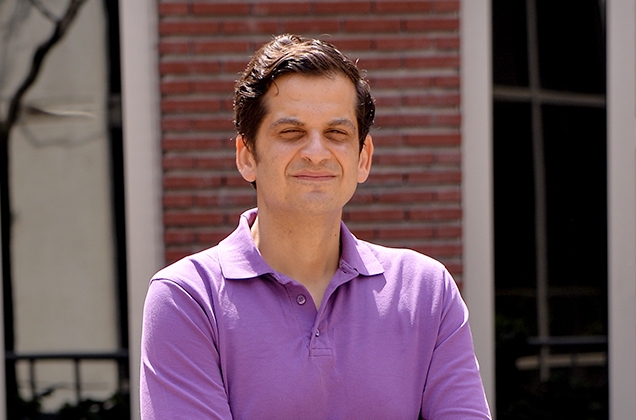11/12/2019
digitalSSM’s ‘Technological Arts Preservation’ project Continues with the conference on December 13
06/12/2019
Prof. Dr. Serdar Taşıran, "Distinguished Research Fellow" of our university will be giving a seminar on Tuesday 10 December 2019 at 12:40, open to all students and faculty members. You are cordially invited to attend!
04/12/2019
Sabancı University Faculty of Engineering and Natural Sciences (FENS) Member Prof. Ali Koşar was granted a research project, within the scope of TÜBİTAK and South Korea National Research Foundation (NRF) Bilateral Cooperation Program.
